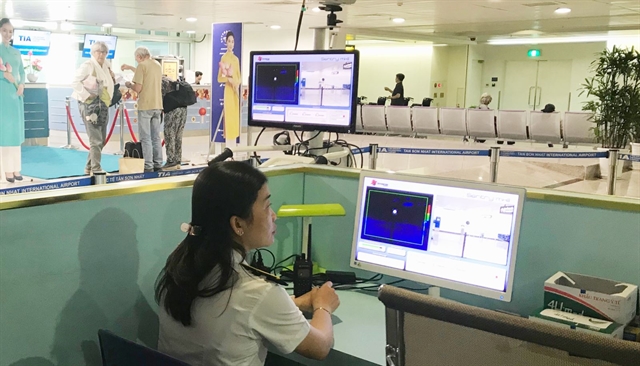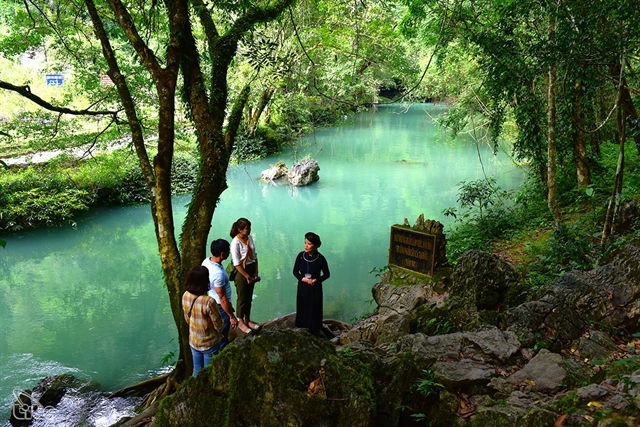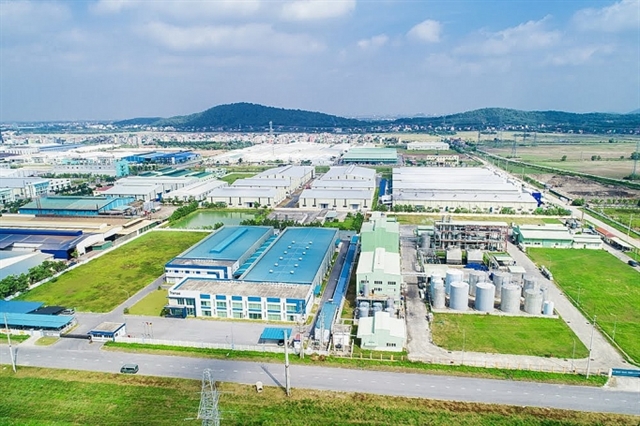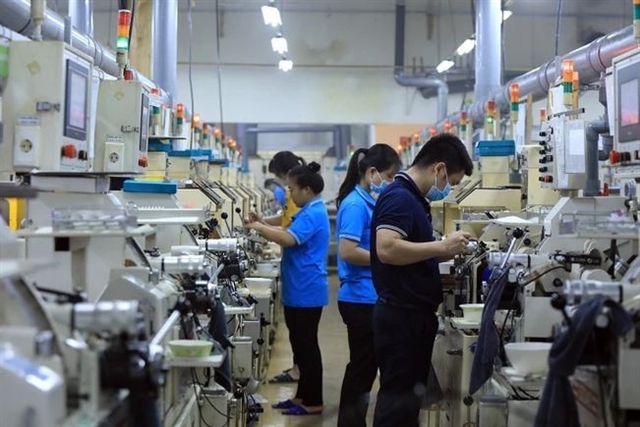

Philippines' president-elect Rodrigo Duterte has said he wanted friendly relations with China and confirmed he was open to direct talks over a territorial row that has badly damaged bilateral ties.
DAVAO, Philippines — Philippines’ president-elect Rodrigo Duterte has said he wanted friendly relations with China and confirmed he was open to direct talks over a territorial row that has badly damaged bilateral ties.
Duterte also announced that China’s ambassador to Manila would be among the first three foreign envoys he planned to meet on Monday, after winning the May 9 presidential election in a landslide.
"Well ties have never been cold. But I would rather be friendly with everybody," Duterte told reporters on Sunday in the southern city of Davao when asked whether he wanted closer ties with China than seen under current President Benigno Aquino.
Relations between China and the Philippines worsened sharply throughout Aquino’s six-year term over conflicting claims to parts of the South China Sea, one of the world’s most strategically important waterways.
China claims nearly all of the sea, even waters approaching the coasts of the Philippines, Vietnam and other Southeast Asian nations.
To enforce its claims, China has in recent years built contested reefs into artificial islands, some topped with military-capable airstrips.
In 2012 China also took control of Scarborough Shoal, a rich fishing area within the Philippines’ economic exclusive zone.
The Aquino administration responded by signing a new defence pact with the United States and filing a legal challenge with a United Nations tribunal asking it to rule that the Chinese claims to most of the sea were invalid.
It also sought to raise the issue at multilateral events, such as summits of the 10-member Association of Southeast Asian Nations.
China reacted furiously to Aquino’s tactics, demanding that the Philippines negotiate directly but also insisting that it would never give up any of the territory.
Aquino refused to hold direct talks, fearing the better resourced and more powerful China would have an advantage.
He also said there was no point in talking with China if it insisted there was nothing to negotiate.
Duterte, who will be sworn into office on June 30, said he planned to continue raising the issue in multilateral environments.
But he also repeated a campaign pledge to hold direct talks with China, if other negotiations failed.
"If the ship of negotiation is in still waters and there’s no wind to push the sail, I might just decide to talk bilaterally with China," Duterte said.
Duterte also said he would meet with the ambassadors of China, Japan and one other, in his hometown on Monday – his first day of public appearances since winning the election.
It was unclear who the third ambassador would be, but Duterte did say no meeting had been scheduled with the US envoy.
War on crime
Philippines’ president-elect Duterte has vowed to introduce executions by hanging and order military snipers to kill suspected criminals as part of a ruthless law-and-order crackdown.
In his first press conference since winning the May 9 elections in a landslide, the tough-talking mayor of southern Davao city said security forces would be given "shoot-to-kill" orders and that citizens would learn to fear the law.
"I expect you to obey the laws so there will be no chaos. I will hit hard on drugs and I promise them (criminals) hell," Duterte said .
Duterte also vowed to roll out Davao law-and-order measures on a nationwide basis, including a 2:00am curfew on drinking in public places and a ban on children walking on the streets alone late at night. Smoking in restaurants and hotels will also be banned.
Duterte said a central part of his war on crime would be to bring back the death penalty, which was abolished under then-president Gloria Arroyo in 2006.
"What I will do is urge Congress to restore (the) death penalty by hanging," said Duterte, 71.
Duterte said he wanted capital punishment reintroduced for a wide range of crimes, particularly drugs, but also rape, murder and robbery. He said he preferred death by hanging to a firing squad because he did not want to waste bullets, and because he believed snapping the spine with a noose was more humane. — AFP




